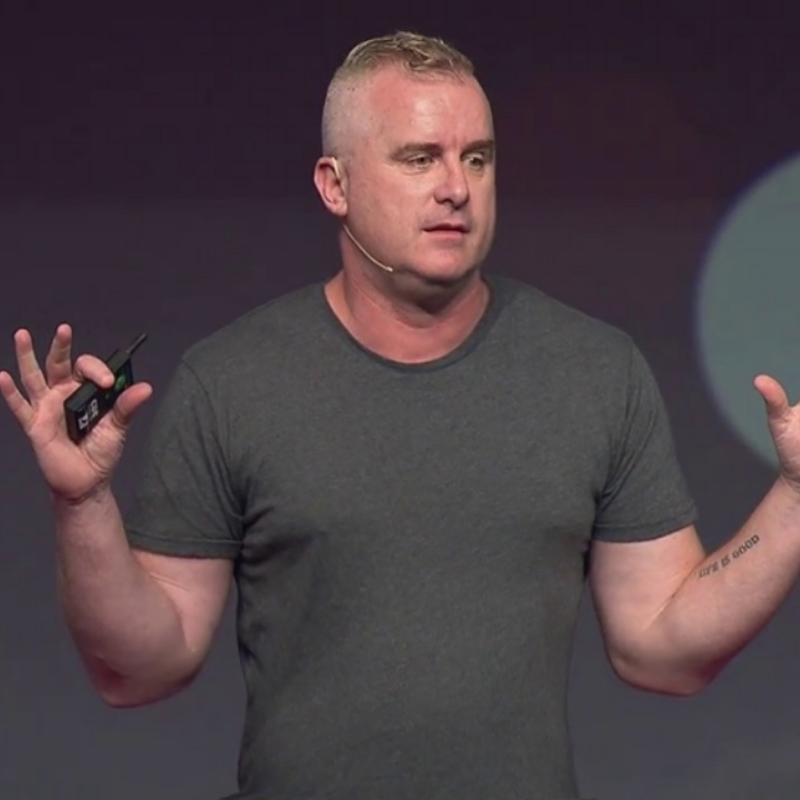As human beings, we are social creatures.
We thrive on connection and interaction with others. However, sometimes we can find ourselves feeling overwhelmed, stressed, and anxious as a result of our relationships with others.
This is where the importance of boundaries comes in.
Boundaries are essentially limits that we set for ourselves in order to protect our physical, emotional, and mental well-being.
They help us establish healthy and respectful relationships with others, and they allow us to prioritse our own needs and goals.
Here are some ways in which setting boundaries can improve your mental health:
1. Reducing stress and anxiety
When we don’t set boundaries, we may find ourselves feeling overwhelmed and stressed as we try to please everyone around us. By setting limits and being clear about our needs and expectations, we can reduce this stress and anxiety.
2. Building self-esteem
Setting boundaries can help us feel more confident and secure in ourselves. When we communicate our needs and expectations to others, we are asserting our worth and value as individuals.
3. Improving relationships
Setting boundaries can actually improve our relationships with others. By being clear about what we need and expect from others, we can avoid misunderstandings and conflicts that can damage relationships.
4. Fostering personal growth
When we set boundaries, we are prioritising our own needs and goals. This allows us to focus on our own personal growth and development, which can ultimately lead to greater fulfilment and happiness.
So, how do we go about setting boundaries?
Here are some tips:
1. Identify your needs
Take some time to reflect on your needs and priorities. What is most important to you? What do you need in order to feel happy and fulfilled?
2. Communicate clearly.
Be clear and direct when communicating your boundaries to others. Avoid being passive-aggressive or indirect, as this can lead to confusion and misunderstandings.
3. Stick to your boundaries.
Once you’ve set your boundaries, stick to them: Don’t allow others to pressure you into compromising your own needs and priorities.
4. Be flexible.
While it’s important to stick to your boundaries, it’s also important to be flexible and open to compromise when appropriate. Remember that relationships are a two-way street, and sometimes we need to make concessions in order to maintain healthy relationships.
In conclusion, setting boundaries is an essential part of maintaining good mental health. By prioritising our own needs and goals, we can reduce stress and anxiety, build self-esteem, improve relationships, and foster personal growth.
If you’re struggling to set boundaries in your own life consider working with me and I can help you develop effective strategies for setting limits and improving your overall well-being.


















